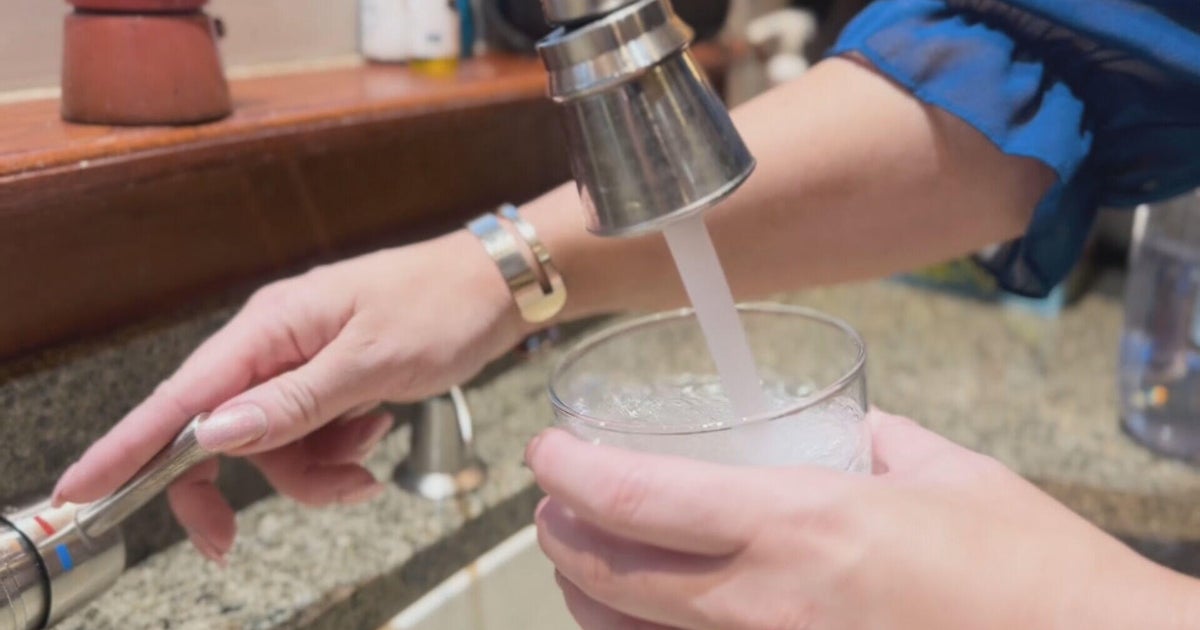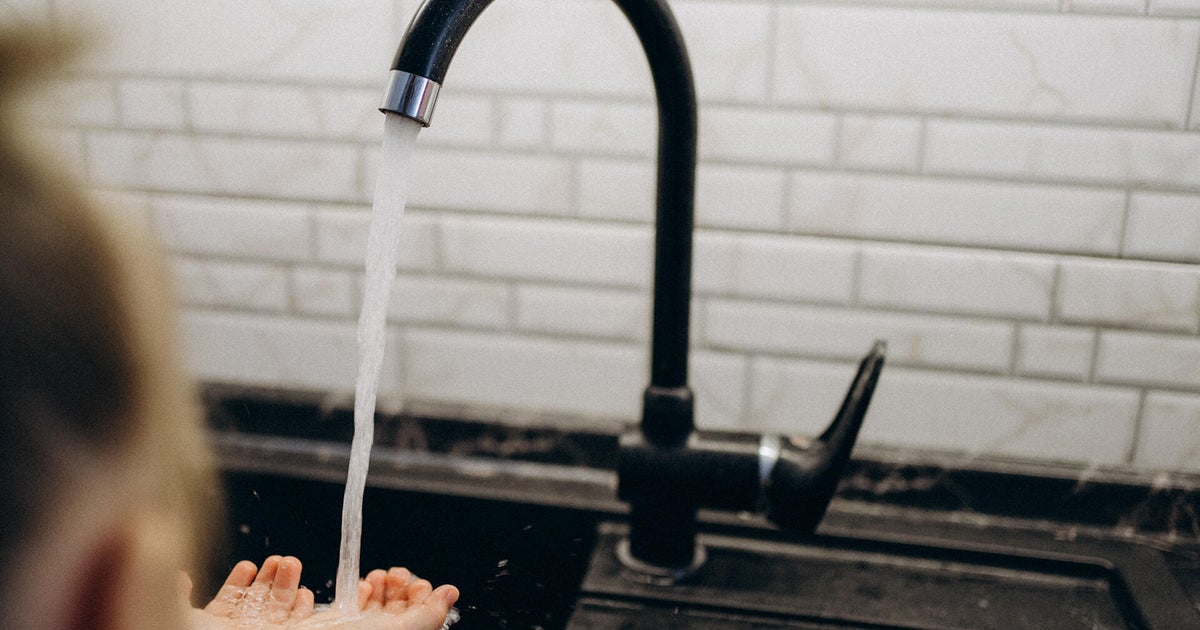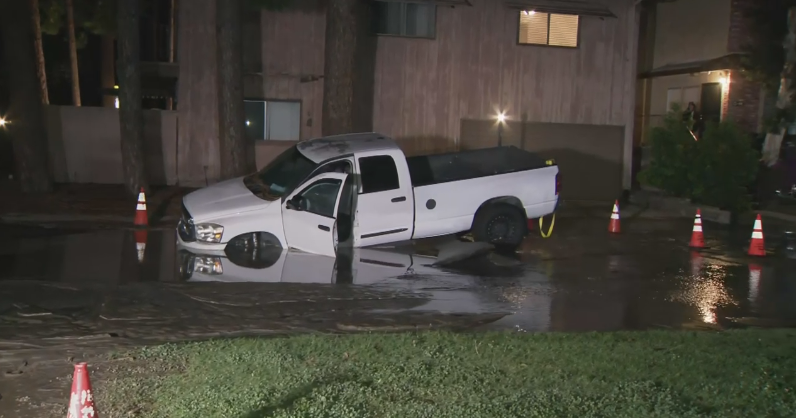Reusing and purifying, this Colorado town will use 100% renewable water by 2065
Today, the town of Castle Rock gets about 30% of its water from renewable sources. About 15% comes from reused or recycled water, about 10% comes from surface water, like Plum Creek, and about 5% is imported through a partnership with the cities of Denver and Aurora. In 40 years, they hope to be 100% renewable.
Historically, Castle Rock has gotten most of its water from Denver basin groundwater; essentially aquifers. But those are being depleted too fast to be considered renewable water sources.
"This is our advanced water purification facility here in Castle Rock," said Castle Rock Water Director Mark Marlowe.
Since 2021, the Plum Creek facility has been an integral part of Castle Rock's transition towards renewable water.
"The water runs through the town. It goes down your drain, gets treated at what we call a 'water reclamation facility,' put back in the creek, goes downstream a little ways, then we take it out and it comes back here and gets purified," said Marlowe.
Recycled and non-recycled water from Plum Creek, along with groundwater from the aquifers are blended and aerated, then go through processes called flocculation, carbon filtration and membrane filtration, before being oxidized with ozone, put through carbon filters and disinfected with UV light.
The town hopes to rely completely on renewable water sources by 2065 and to be 75% of the way there by 2050.
"Over time, we're going to continue to transition away from that Denver basin groundwater and we're gonna preserve that resource for times of drought when water's not available in the creeks and the rivers," said Marlowe.
Castle Rock's population is expected to grow from its current 85,000 to around 140,000.
"I think a lot of residents are seeing new developments coming in, and they're just starting to worry, maybe that math isn't adding up for them. Is there really enough water for all these new people?" CBS News Colorado's Olivia Young asked Marlowe.
"Castle Rock Water has actually been planning for the type of development that you see now for several decades. So this is not some big surprise that we're not prepared for," said Marlowe. "A lot of that conservation and efficiency is really about being efficient with the resources we have here and using them in a way that makes sense and is cost-effective."
Last year, Castle Rock put regulations in place, limiting cool weather turf in new developments, and instead requiring drought-tolerant native plants, something they call "Colorado-scaping."
"If people use that water on outdoor landscaping, that water can't be reused because it gets used by the plants and evaporated into the air and we lose that supply," said Marlowe.
It's just one way the town is investing in its most valuable resource.
Construction of the Plum Creek Water Purification Facility cost about $60 million and currently outputs six million gallons of potable water a day. In the next two years, Castle Rock will spend another $65 million to double the size and output of the facility. The town says it will save everyone money in the long term.
"It's much more cost-effective to use and conserve the water rights and resources we already have than to have to go try to get them from a long way away and import them over a long distance," said Marlowe.











